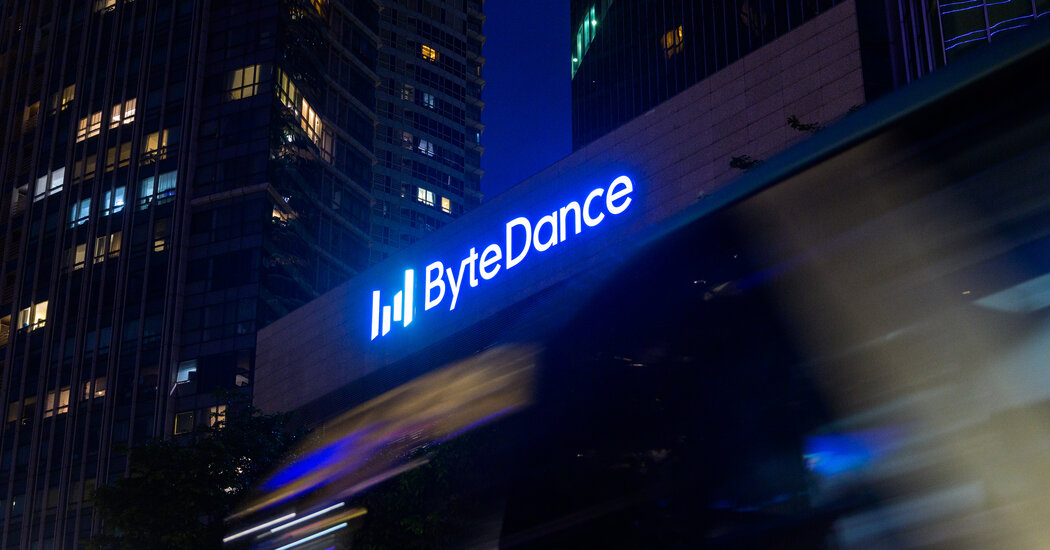Major U.S. investment firms such as General Atlantic, Susquehanna and Sequoia Capital own stakes in ByteDance, the parent of TikTok. Their investments are increasingly under fire.
For years, the U.S. investors who backed ByteDance, the Chinese internet company that owns TikTok, have wrestled with the complexities of owning a piece of a geopolitically fraught social media app.
Now it’s gotten even more complicated.
A bill to force ByteDance to sell TikTok is winding its way through the Senate after sailing through the House this month. Questions about whether TikTok’s Chinese ties make it a national security threat are mounting. And U.S. investors including General Atlantic, Susquehanna International Group and Sequoia Capital — which collectively poured billions into ByteDance — are facing increased pressure from state and federal lawmakers to answer for their investments in Chinese companies.
Last year, a House committee began examining U.S. investments in Chinese companies. The Biden administration has curbed U.S. investments in China. In December, a Missouri pension board voted to divest from some Chinese investments, following political pressure from the state treasurer. And Florida passed legislation this month to require the state’s Board of Administration to sell off its stakes in China-owned companies.
All of this comes on top of existing issues with owning a piece of ByteDance. The Beijing-based company has grown into one of the world’s most highly valued start-ups, worth $225 billion, according to CB Insights. That’s a boon, at least on paper, for U.S. investors who put money into ByteDance when it was a smaller company.
Yet in reality, these investors have an illiquid investment that is hard to spin into gold. Since ByteDance is privately held, investors cannot simply sell their stakes in it. A confluence of politics and economics means ByteDance is also unlikely to go public soon, which would enable its shares to trade.
Even if a sale of TikTok was easy to pull off, the Chinese government appears reluctant to relinquish control of an influential social media company. Beijing moved to stop a deal for TikTok to American buyers a few years ago and recently condemned the congressional bill that mandates ByteDance divest the app.
